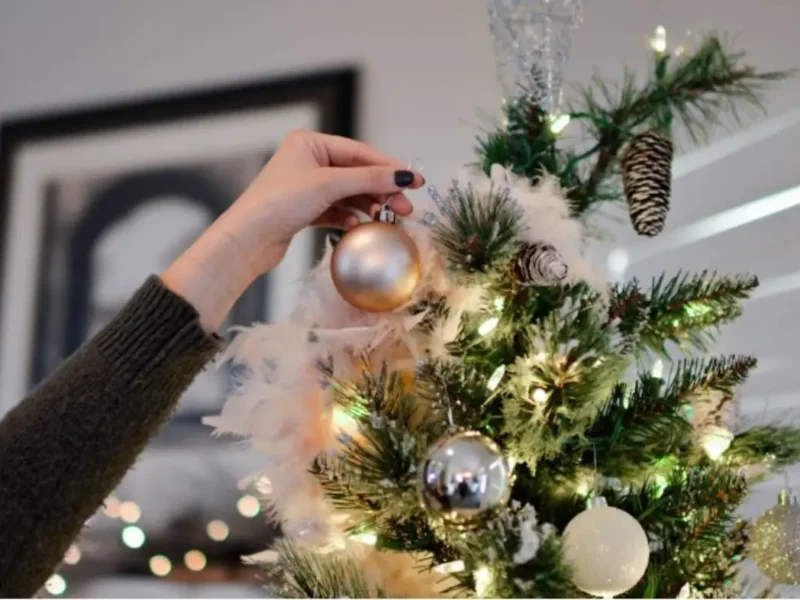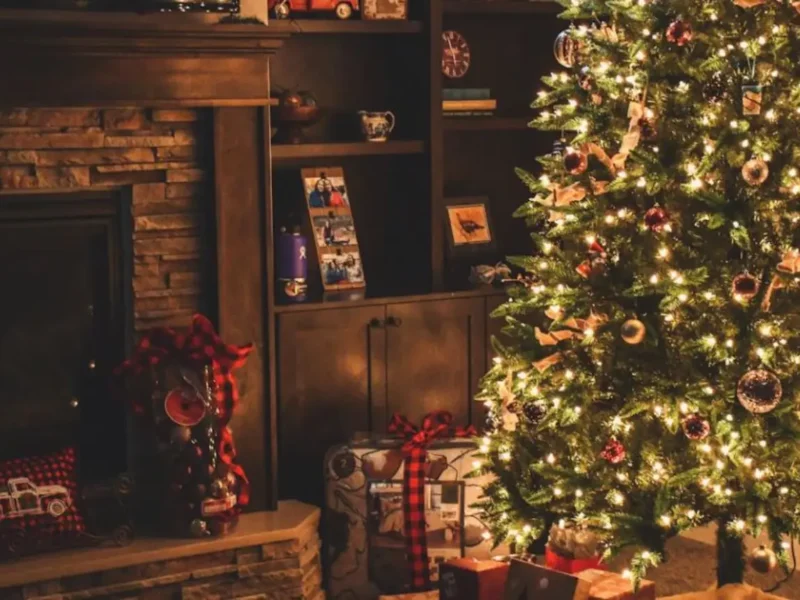The Indian American, Hindu, Travails Of A Single Dating Woman!
By Ruchi Lamba
Dating as a 47-year-old, vegetarian, Hindu, single mom of two (one with autism) in Orange County, California, who runs her own business, lives with her elderly Indian parents, and grew up in Australia… well, let’s just say I could write a sitcom by now. Maybe call it “Love, Laughter, and Lassi”? Because there’s a lot of lassi drinking to soothe the stress.
Let’s start with the men of Orange County. You’d think a multicultural place like this would be a haven for dating diversity. But trying to date while explaining why I don’t eat meat or fish? It’s like dropping a bomb at every meal. I’m used to hearing, “Wait, so you’re vegetarian and Hindu? Wow, that’s… hardcore.” Yes, buddy, welcome to my world. I’m not going to order a steak at Habana, and I might get genuinely offended if you even suggest splitting fish tacos at Bear Flag. And don’t get me started on the looks I get when I pass on margaritas during Navratri. I’m still waiting for the guy who’s not going to flinch when I order chai at every restaurant.
But it doesn’t end there. I run my own business, so while everyone else in Orange County seems to be working their 9-to-5s and planning for weekends in Laguna Beach, I’m over here hustling seven days a week. My “weekend” often involves late-night calls with clients or last-minute issues that need my immediate attention. So, if a date suggests dinner at 6 PM at Mastro’s Ocean Club, I have to awkwardly explain that’s not going to work. I need a guy who’s fine with the fact that I might need to take a business call while we’re eating dosa at Masala Bae or, yes, even when we’re at the beach watching the sunset at Crystal Cove. Romantically gazing into each other’s eyes is fine, but I may need to check my email every so often.
Of course, dating with two kids in tow brings its own brand of fun. My son, who has autism, is a wonderful soul with no patience for my dating life. He has the ability to cut right through the nonsense and ask things like, “Is this guy going to stay over?” in front of said guy. With any luck, the guy didn’t hear anything. My daughter is at the stage where she just rolls her eyes at everything related to dating. So, any man who’s serious about dating me has to be prepared for them as well—two tough, mini judges who have no filter and endless opinions.
Then there are my parents. Yes, I live with them, and no, this wasn’t exactly in my plan. But they’re aging, and they need support, so here we are. And, boy, are they invested in my love life. When I say “invested,” I mean my mom casually offers chai and samosas when she hears a single man’s voice anywhere within 10 feet of the house. My dad just gives the guy a once-over with a look that says, “I survived partition, what have you done?” My mom asks questions like, “Does he speak Hindi? Is he vegetarian? Does he believe in our values?” And I’m just standing there, like, “Mom, he’s just here to take me to Taco Mesa.”
And if my parents weren’t enough, there are the other Indian families who watch my every move like hawks. You’d think I was a Bollywood actress with paparazzi following my every move. “Oh, she’s dating again?” “Doesn’t she have children?” “Why doesn’t she just settle down?” So now I have to carefully choose dating spots where I don’t run into every auntie and uncle I know. And even if I go as far as San Clemente for a date, there’s always someone who’ll see me and later report back to my parents.
Here’s another twist: I grew up in Australia. So while I am Indian by culture, I am Australian by personality. This has confused many men, who expect some shy, traditional Indian woman and get me instead—someone who’s blunt, loves the beach, and sometimes drops an “Oi!” when I get too excited. I can already see their confusion when I tell them my ideal date isn’t at a “family-friendly” restaurant like Anjappar but more like watching the waves at Aliso Beach while arguing about who makes the best chai. Spoiler alert: it’s me.
And then there’s the whole physical side of dating. I’ve got gray hair creeping in, and as much as I’d love to be one of those women who religiously hit the gym, it’s a struggle. Between work, my kids, and my parents, finding time to work out feels like trying to find time to meditate on a roller coaster. Every now and then, I convince myself to go to a class at SoulCycle or jog along the Back Bay trail, but more often than not, I end up back home, justifying it to myself by saying, “Well, at least I’m spiritually fit.”
So here I am, trying to date in a county full of meat-loving, beach-going, fitness-obsessed people while juggling a business, two kids, and two elderly parents. But hey, maybe my soulmate is also a chai-drinking, vegetarian workaholic who’s cool with all this chaos. Or, if not, at least I have the perfect sitcom pitch ready.
Also Read: Diet Has Significant Impact On Risk Of Alzheimer’s






FreePerson
/
I do not have much experience in dating, but you have too much baggage! Good luck! All the Best! Looking forward to some “funny” follow-ups.
November 15, 2024Kal Gandikota
/
It’s inspiring to see a strong, independent Indian-American Hindu woman confidently navigating the dating scene and challenging traditional patriarchal norms. However, the article—and her personal experience—may unintentionally perpetuate the misconception that all Indian-American Hindus are vegetarians. While being vegetarian is part of her lifestyle, it doesn’t represent the dietary reality for all Indian Americans.
India is a diverse country with varied food traditions across regions and communities. For example, while vegetarianism is common in states like Gujarat and among certain castes or religious sects, people from regions like Punjab, Bengal, and coastal areas often include meat—such as chicken and fish—in their diets.
In the U.S., the association of “Indian” with vegetarianism is partly due to the popularity of vegetarian Indian cuisine (like dosas, samosas, and curries) and the prominence of vegetarianism in the public image of Indian religion and culture. However, this association overlooks the broader diversity of dietary practices within the Indian-American community.
Generational stereotypes can also reinforce this misunderstanding. As with any culture, individual practices—whether related to religion, food, or lifestyle—can vary widely, and it’s important to avoid generalizations.
Concluding, let’s understand that while shared cultural practices can define a community, there will always be a range of individual experiences that don’t fit neatly into popular stereotypes.
November 16, 2024